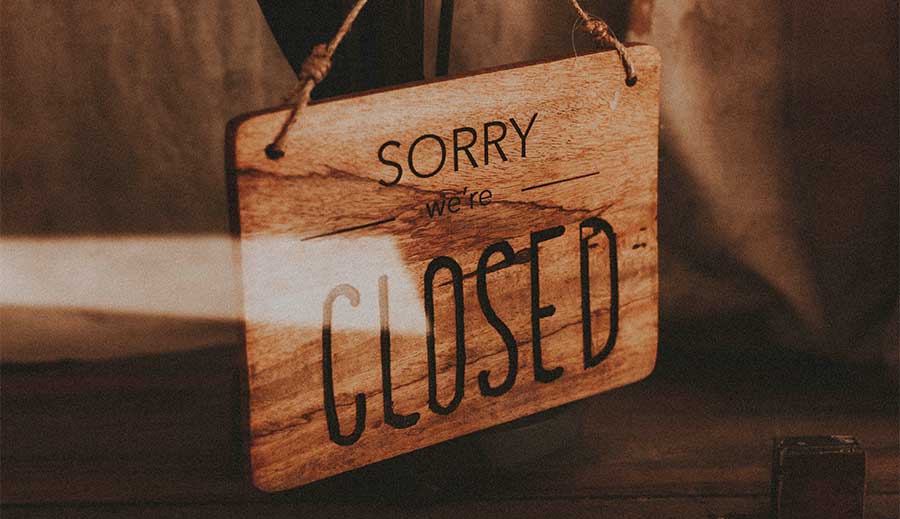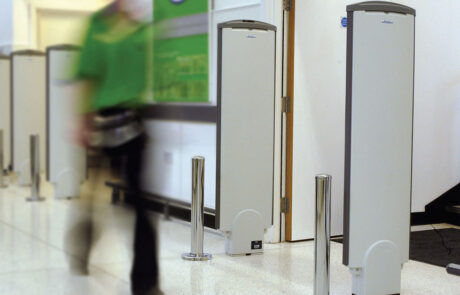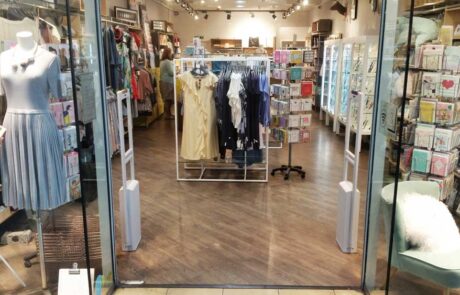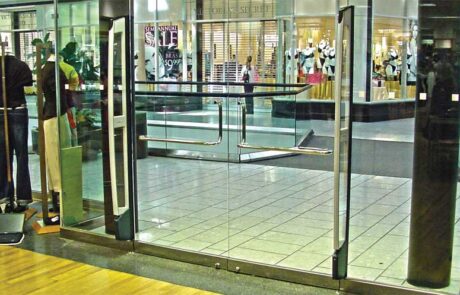
What does a retail recession actually mean for the UK?
For nearly a year, we have been hearing increasing reports in the news and online that theUK is heading into a recession. Many of us have already had to start scrimping and saving to cover costs like our mortgage, weekly food shop and other outgoings. But what does being in a recession mean, and what will a retail recession look like?
The National Bureau of Economic Research defines a recession as a "significant decline in economic activity spread across the economy, lasting more than a few months". For the average layperson, a recession means rising costs across all of our outgoings and less money to spend on items that are not a necessity. During a retail recession, we are likely to see continued spending on essential items, including food, health and essential clothing, with most affected retail areas including luxurious goods such as furniture, home products, sporting equipment and electronics.
There are many factors that have contributed to a retail recession, such as the pandemic and the war in Ukraine. Experts expect this economic downturn to last until at least 2024before we will begin to see the economy rise to pre-pandemic levels. Spending, however, will vary depending on an individual's income. Those who earn less for whatever reason are likely to be most affected by the recession, whilst those who benefit from more disposable income thanks to remote working or higher pay checks will be more comfortable.
How will the 2023 recession affect retail spending in the UK?
During a recession, retail stores are often the most affected, and the economic downturn could leave us with closing businesses as a result of orders and purchases slowing down or coming to a halt entirely. During a recession, UK residents will focus on essential outgoings and covering those rather than purchasing items that are not deemed a necessity. There is nothing worse for a business than to see a decline in sales before having to close the business completely due to a lack of funds.
Whilst consumers will see a decline in high street shops, what they may not see are the manufacturing concerns these same shops will be facing. As a recession affects every industry to an extent, manufacturers of products sold in shops are also likely to see a decline in their output, whether by necessity or re-evaluation and as such, finished products are going to be more difficult to come by due to slower output.
As consumer demand reduces during a retail recession, ROI on marketing and advertising is likely to be lower. This unfortunate cycle means that retail businesses will spend lesson their advertising due to a decline in demand, but in turn, they may not be as visible to the public eye, which is also likely to result in a revenue decline.
Tips for creating a successful retail recession strategy
Whilst many consumers are reigning in their spending whilst they wait to see what 2023 brings, retail managers and business owners across the UK are looking at strategies to help them support their business through the recession and out the other side. The impact of declining retail sales on the economy can be severe, but with a retail recession strategy in place, businesses will be savvy about how they can do everything to see them through a difficult year ahead.
Overhaul your pricing strategy
During a retail recession, consumers no longer look to purchase more luxurious items, instead favouring essential items, including food, clothing and healthcare products. As a retail manager, take a look at your current pricing strategy and see how you can become more competitive in the current market.
Return to basics and offer promotional deals
Promotional deals will help consumers dramatically, and they will keep them coming into your store. Don't consider offering promotions on luxurious goods, however, as these still come with a larger price tag that consumers cannot afford. Instead, focus on your core offering. Products that you know are essential and will be needed even as a retail recession looms.
Getting the right message to your customers
Whilst you may be reducing your marketing budget, you still need a way of communicating with your consumers about the products and promotions you have in store. A great way of communicating with your customers is through digital marketing.Get savvy with social media platforms as a way of promoting your products and getting your message across to your customers.
Security tagging that deters theft
Lastly, in these challenging times, we are likely to see a rise in shoplifting and theft - crimes that are never going to help your bottom line. It is for this reason that we recommend you look into security tagging your products or updating the security you have in place, so you don't lose more revenue to opportunistic thieves.
This may also interest you:
Is your retail security team ready for the Christmas rush?
JKI Distribution supports retail spending in the UK
As the UK battles through the current retail recession, it's important that retail stores and supermarkets have a professional and cost-effective security tagging system installer and service provider to support them. JKI Distribution has supported a huge range of businesses requiring security and tagging since our beginnings in 1998.
If you are looking for support with your security tagging and security systems during the retail recession of 2023, get in touch with our supportive team today.




